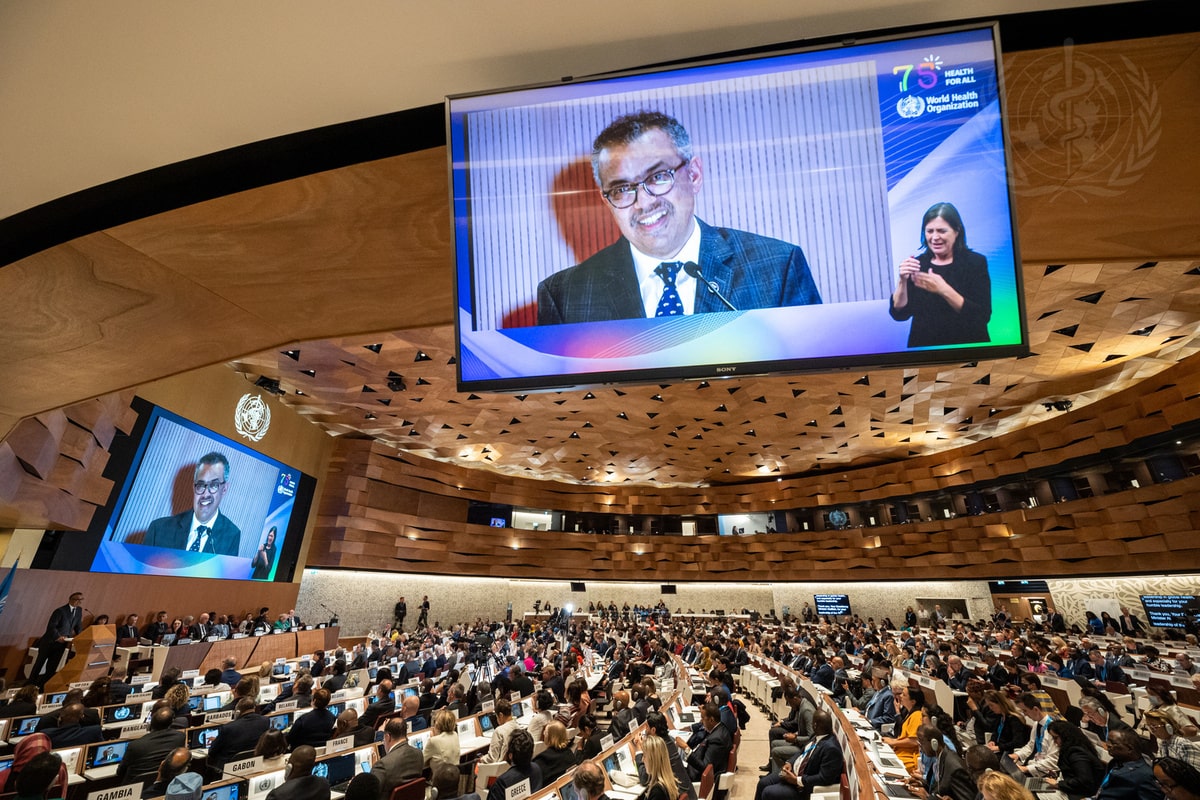KUALA LUMPUR, May 24 — The Malaysian government appears reluctant to sign the World Health Organization’s (WHO) pandemic accord that may be adopted by the World Health Assembly later this month.
The Ministry of Health (MOH) Malaysia released a statement titled: “Malaysia will only sign international treaties if the powers of the Yang di-Pertuan Agong, royal dignity, and national sovereignty are guaranteed.”
“If the instrument that is to be finalised prioritises fundamental principles, especially national sovereignty, the MOH will bring it up to the Cabinet for government approval to sign the instrument.
“Until then, the government is not tied to the instrument,” MOH said in its statement.
MOH did not state what specific clauses in the proposed pandemic agreement, a legally binding document, are perceived by the Malaysian government to interfere with national sovereignty or the King’s powers.
Health Minister Dzulkefly Ahmad will lead the Malaysian delegation to the 77th World Health Assembly in Geneva, Switzerland, that will take place from May 27 to May 31.
The Telegraph reported last May 8 that the United Kingdom is refusing to sign the WHO pandemic treaty as it believes that it would be required to give away a fifth of its vaccine doses.
The UK paper reported that under the latest draft of the treaty, all member states would be obliged to give up 20 per cent of “pandemic-related health products” – including therapeutics, personal protective equipment (PPE), and vaccines – to other countries and would be prevented from stockpiling supplies.
In news release last May 18, the WHO announced that countries have “agreed in principle” on a “large, groundbreaking package of amendments” to the International Health Regulations (IHR) 2005, led by the Working Group on the IHR amendments (WGIHR).
“These amendments build on over 300 proposals made by countries in the wake of the Covid-19 pandemic. They set out to improve the ability of countries to prepare for, detect and respond to Public Health Emergencies of International Concern (PHEICs), and will be part of a package to be put forward to the World Health Assembly,” the WHO said.
This process on amending the IHR runs in parallel to an intergovernmental process to develop an international agreement on pandemic prevention, preparedness and response. The draft pandemic agreement is also due to go to the World Health Assembly.
WHO director-general Tedros Adhanom Ghebreyesus described such progress as “historic”.
“Countries have come together around improved international mechanisms to protect every person in the world and future generations from the impact of epidemics and pandemics, with a commitment to equity and solidarity. I thank all the Member States for their unswerving dedication.”
The IHRs focus on building countries’ capacities to detect and respond to public health events which could take on international dimensions, whilst the draft pandemic accord focuses on a coordinated international response to pandemics, with equitable access to vaccines, therapeutics and diagnostics at the centre, said the WHO.
MOH Malaysia said the WHO has assured countries that the proposed IHR amendments will not empower the United Nations body to compel a nation to enforce any health measures, including lockdowns.
The MOH also said that both the proposed IHR amendments and pandemic treaty must not interfere with national sovereignty and powers of the Yang di-Pertuan Agong and the royalty, must ensure equity to avoid monopoly of pandemic-related health products by developed countries, and must avoid additional funding for the creation of an emergency health funding mechanism in facing potential pandemics.








